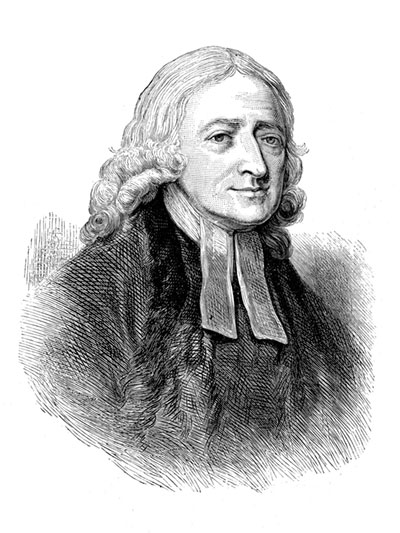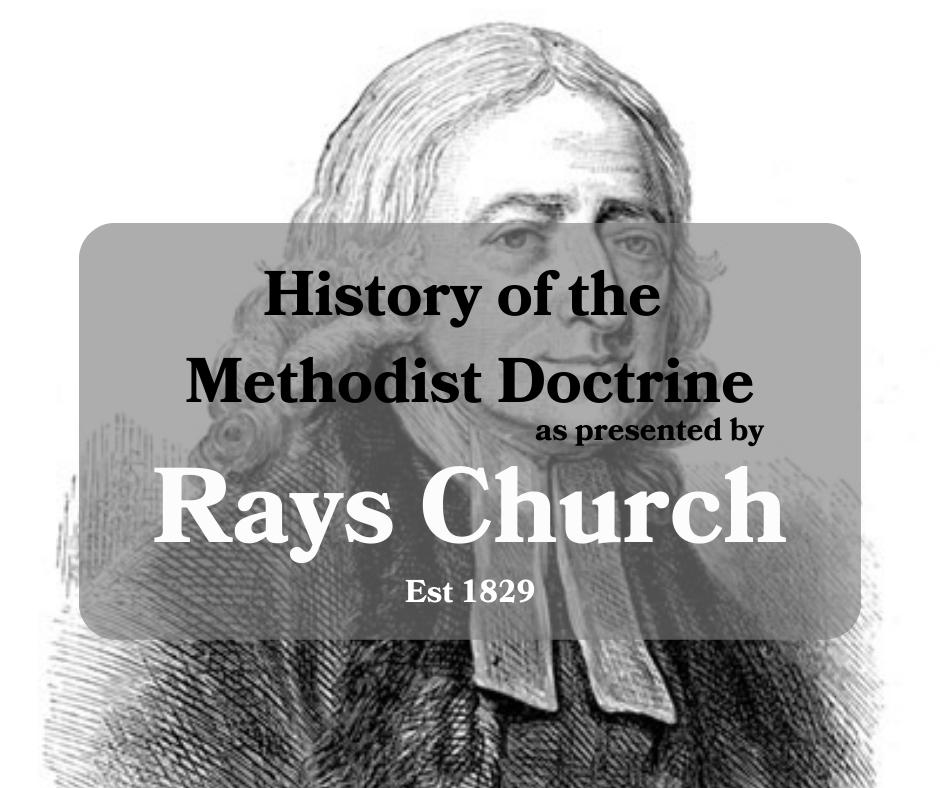The Methodist doctrine is rooted in the Christian faith and has its origins in the 18th-century evangelical revival movement in England. It was a response to the spiritual and social challenges of the time and emphasized the importance of personal faith, holiness of life, and social justice. The development of Methodist doctrine can be traced through key figures and significant events that shaped this vibrant and influential movement.
The founder of Methodism was John Wesley, an Anglican priest and theologian, who, along with his brother Charles Wesley and a group of like-minded individuals, formed the “Holy Club” at Oxford University in the early 18th century. The group was deeply committed to spiritual discipline and charitable works, earning them the nickname “Methodists.”

In 1738, John Wesley had a transformative experience known as his “Aldersgate experience,” during which he felt his heart “strangely warmed” and gained a profound assurance of salvation by faith in Christ alone. This experience deepened his understanding of the doctrine of justification by faith, which became a foundational belief in Methodism.
Wesley’s evangelical zeal led him to preach open-air sermons and spread the Gospel to the masses, leading to the establishment of Methodist societies. These societies were organized into a system of classes, bands, and societies that emphasized mutual accountability and spiritual growth.
Wesley’s theology emphasized the doctrine of sanctification, the idea that Christians could experience a second work of grace after justification, resulting in a life of holiness and love. This doctrine of “Christian perfection” sparked debates within the movement but remained central to Methodist teaching.
As Methodism expanded, it faced challenges both within and outside the Church of England. In 1784, due to the lack of ordained ministers willing to serve in the American colonies, Wesley reluctantly ordained Thomas Coke and Francis Asbury as bishops, establishing the Methodist Episcopal Church in the United States. This marked the beginning of Methodist churches independent of the Anglican Church.
Throughout the 19th and 20th centuries, Methodism continued to evolve, adapting to changing societal needs and theological trends. The social gospel movement in the late 19th century emphasized the importance of addressing social injustices, such as poverty and inequality, and brought a strong emphasis on social action to the Methodist tradition.
The 20th century saw the union of various Methodist denominations to form larger bodies, such as the Methodist Church and the United Methodist Church in the United States. These unions sought to unify Methodists and create stronger collective voices for social justice and mission work.
Methodism also underwent ecumenical efforts, engaging in dialogues with other Christian traditions to seek unity and understanding. The World Methodist Council, formed in 1881, has played a crucial role in fostering connections and cooperation among Methodist and Wesleyan churches worldwide.
In conclusion, the history of Methodist doctrine is a journey of faith, renewal, and adaptation. Rooted in the evangelical revival movement, it has grown into a global movement that emphasizes personal faith, holiness of life, and social engagement. Through its history, Methodist doctrine has continued to inspire countless individuals to live out their faith in love and service to God and others.

Comments are closed